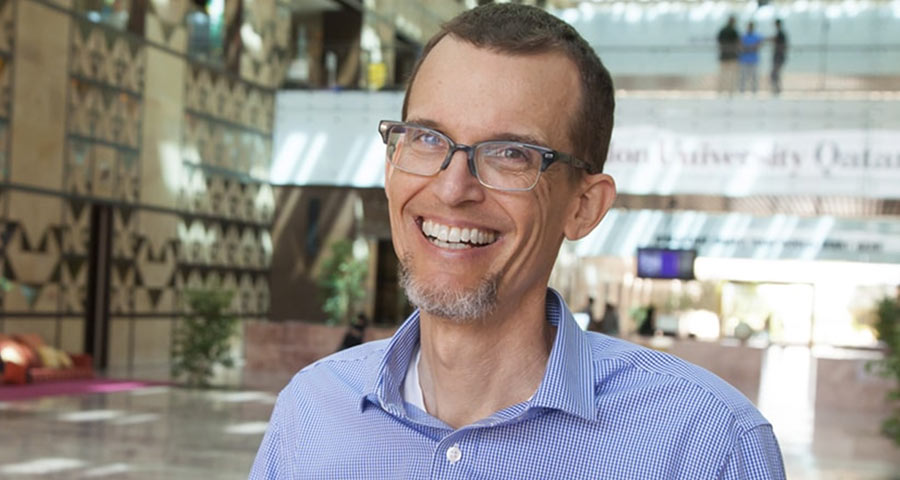
Educating for the Future: Qatar is well-poised to be ready
In Qatar Tribune, June 15, 2017
By Dudley Reynolds
Visiting one of many new shopping malls opening around the country, you can get a glimpse of Qatar’s future.
You will find the latest technologies that are already shaping how we will work and interact, foods from around the globe that are adding variety to traditional diets, and fashions that help build our ideas about what is beautiful or cultured. More importantly, you will see and hear the children growing up in Qatar today. If you listen to those children carefully, you are likely to find that they are speaking Arabic, Tagalog, Urdu or Spanish one minute, and the next they are speaking English.
People who could speak languages in addition to Khaleeji Arabic have always been a useful resource in Qatar. The malls, however, demonstrate that while multilingualism was useful in the past, it is likely to be a necessity in the future. The change is happening, and Qatar can use this knowledge to ensure that all its children are equally and fully ready for that future.
In February 2017 in Athens, I presided over an international meeting of English language educators: the Summit on the Future of the TESOL Profession. Coming from more than 60 countries, the delegates were classroom teachers and representatives from government ministries, professional associations and textbook publishers. Our goal as policy-makers, teachers and researchers was to think about how countries around the world, including Qatar, can best shape their educational systems to ensure that all children graduate with the language abilities they need to be effective in a new world.
The answers will not be easy. First, we agreed that no language should ever be learned at the expense of another. Qatar’s children should learn English, yes, but they must also learn to write everything from poetry to a business letter in Arabic. We must be open to new understandings of what language is: many researchers today do not talk about language as a set of rules, but rather a group of patterns that can vary from one setting to another. Language is thus not something that a person can learn through memorization. We must also understand the essential role that teachers play in promoting and shaping learning.
In many ways, Qatar is already adopting educational practices that look to the future. At Carnegie Mellon University in Qatar for example, although most coursework is taught in English, our students speak a total of more than 40 other languages. For heritage Arabic speakers, we have developed a suite of content courses that will increase proficiency in Arabic for the workplace.
As Qatar continues to develop its educational system, especially for children in primary and secondary school, I encourage the policy leaders to draw from successful examples of dual language instruction around the world, research how best to apply those models in this context, and involve teachers in the development and execution of the policy. The future will come, and Qatar is well-poised to be ready.
(Dudley Reynolds is a teaching professor of English, Carnegie Mellon University in Qatar, and past president of TESOL International Association)
